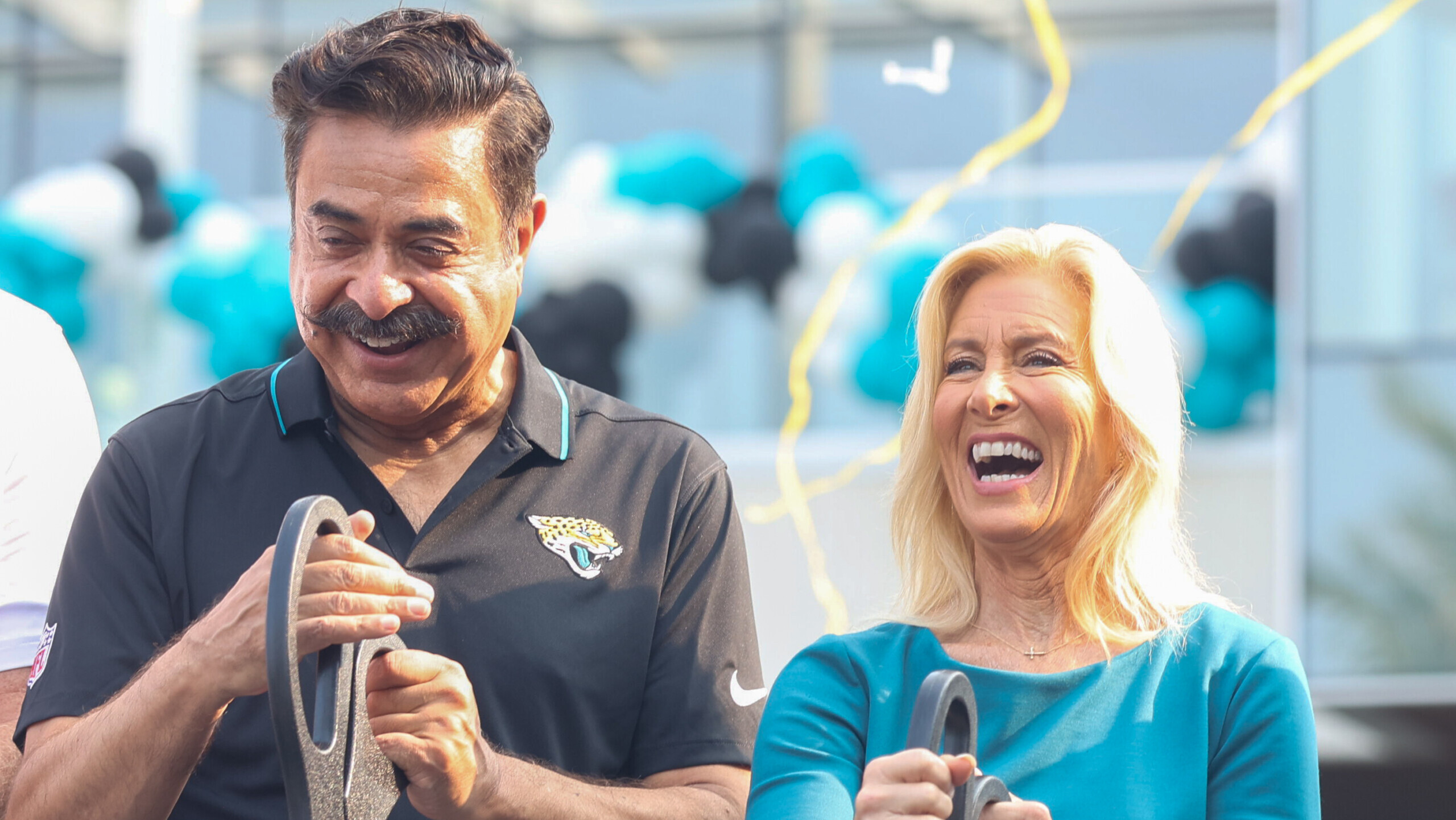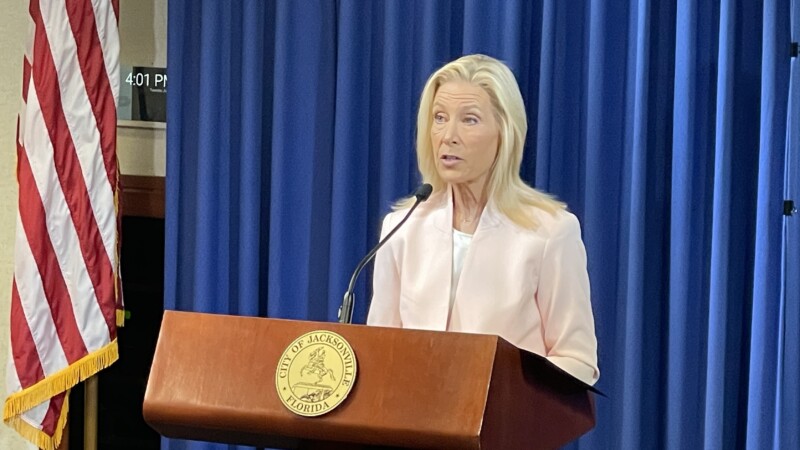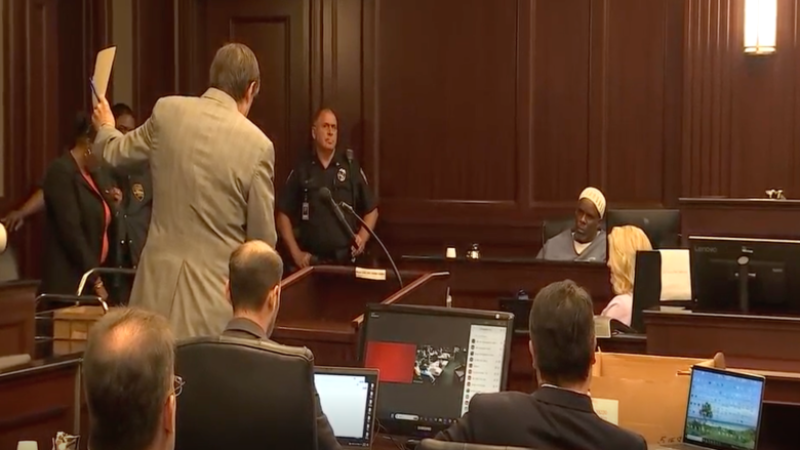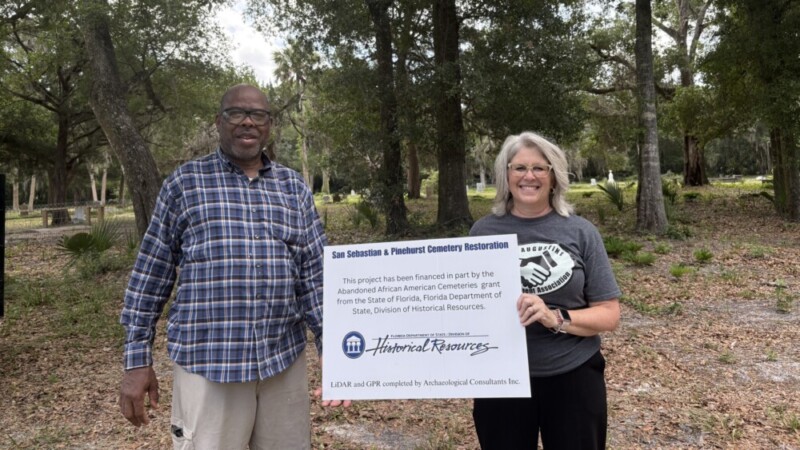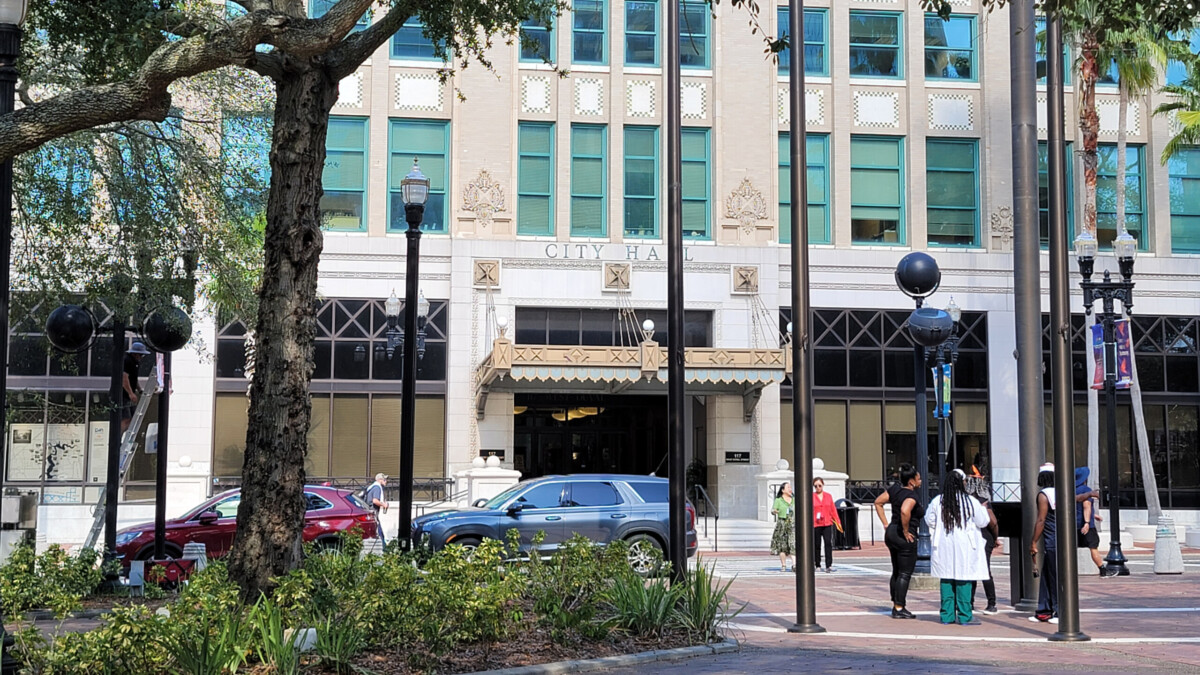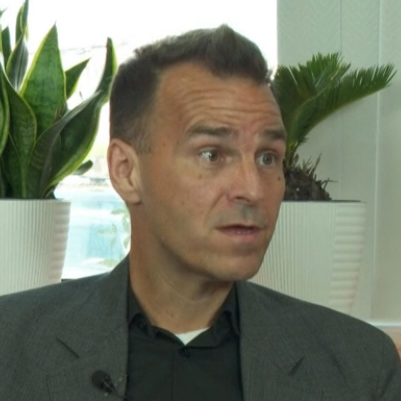
A lot can happen in the next few weeks regarding the proposed commitment of $925 million from Jacksonville taxpayers for stadium renovations ($775 million) and community benefits ($150 million) that include affordable housing commitments centered on the Eastside and money for riverfront and countywide parks.
But as of this writing, two things appear likely, with the community huddles now wrapped and the deal moving forward for legislative consideration.
The first: Unless City Council members (with the exception of potential 2027 mayoral candidate Rory Diamond, who objects to the community development piece) have just been holding their fire for a couple of weeks, they are sold on the deal pretty much as hatched by negotiator Mike Weinstein and the Jaguars.
The effective 55/45 split with the team on the package (with the Jags spending $625 million on the stadium and matching the $150 million community benefits piece) is pretty much in line with deals elsewhere, and also falls in line with other Jags projects, which have ranged from a 50% to 66.6% taxpayer burden over the last decade or so.
Polling from the University of North Florida supports the deal overall, especially with the community benefits agreement – which seems to be a convenient yet ingenious way for the administration to sell its priorities as a sweetener for public financing of an asset that by and large will benefit private equity financially. And sure, 7-in-10 respondents said they would have wanted a referendum in that same survey.
But with no appetite on the City Council to push that option – even from those who posture as fiscal conservatives – and a mayor who says her election was effectively a referendum on the city’s right to negotiate the deal without taxpayer input, that option is off the table, and the mayor’s office essentially wins the fight without even having to sweat out a proposed public vote.
Part of the reason the deal sold itself locally, at least to the people who craft public policy, is that Jacksonville leadership tethers so much importance to being an NFL town.
This is nothing new. Some readers lived through Colts Fever in the Jake Godbold era, and then the years in the NFL wilderness before the city was conferred a franchise. Others remember the surprise and delight when Jacksonville got its expansion franchise. While the last three decades have seen more valleys than peaks in terms of the on-field product, with the team still not even having gotten to its first Super Bowl, there seems to be a consensus that bad football is better than no football at all.
The closest analogue to Jacksonville and its relationship to the league may be found in Oklahoma City, where more than 7-in-10 people voted for a sales tax to stabilize the city’s NBA franchise. And as is the case locally, community leaders seem committed to the narrative that the team’s presence offers an intangible benefit to the local image, a rising tide that lifts all boats.
Whether you’re a skeptic about that line of thinking or not, it’s pervasive locally. There are very few people of consequence who are willing to rip off the Band-Aid and tell the Jags to walk if they can get a better deal. The Jax Chamber and Civic Council are on board, which serves as an ingenious check on the right wing of the legislative branch that relies so heavily on business community support. And there’s no political committee or citizen group willing to come out against the deal.
The Deegan administration’s roll-out of term sheets and the rest, delivered weeks after news reporters asked for them, didn’t make the media happy. But that doesn’t matter much either in the end, as their bet on a splashy presentation, a united front between the executive branch and the team, and a disciplined willingness to shape the narrative using the bully pulpit of the mayor’s office seem to have carried the day.
As the old saying goes, what good is political capital if you don’t use it?
The mayor’s office understands that, and the UNF poll shows that voters are rewarding that clarity of vision for the moment, with Deegan well over 60% approval in that survey, and just marginally underwater with Republicans, who will have to start taking risks somewhere if they want to mount a challenge to this popular chief executive.
The reality is, though, that when it comes to her keystone initiative – this stadium proposal – there is little challenge. A City Council that seemed ripe to offer meaningful resistance to a big-spending executive branch simply will not during the biggest spending anyone in this city has seen on a per capita basis since the courthouse built decades ago.
And that is remarkable in itself, especially given the GOP supermajority on the legislative body. Even the local Republican party, so willing to weigh in on a host of picayune issues over the last year, has been mute in the face of this unprecedented financial commitment. Whether they just think it’s sound policy, or they think there’s no reason to buck a mayor favored by two out of every three citizens with an opinion, their inaction here should rightly be seen as an in kind contribution to the mayor’s re-election campaign in three years.



